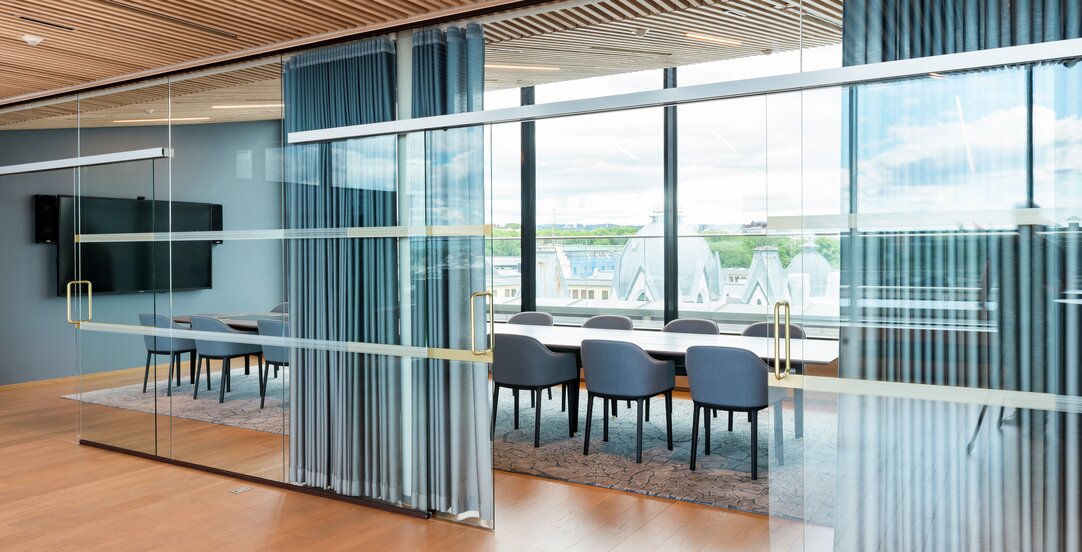Responsibilities of the Board in times of crisis

With the effects of the corona crisis spreading into the economy, companies risk breaching financial covenants and facing illiquidity in the months to come. A number of companies will ultimately need to go through financial restructuring to ensure continued operations.
It is the board of directors (the "Board") that is ultimately responsible for the operations and financial situation of a company. It follows that the Board must respond adequately to the times of crisis in order to safeguard the company and avoid risk of liability. Below we summarise key considerations for the Board of companies in financial distress from a Norwegian law perspective.
Key focus and obligation
The Board is under a general duty to consider and secure the reasonable interests of the company's stakeholders, including creditors, employees, contract counter-parties and shareholders. A negligent breach of this duty may result in personal liability on the directors. As a company approaches the zone of illiquidity/insolvency, the Board's main responsibility under company- and insolvency law is to safeguard and/or increase the creditors' expected payments from the company, preferably through a solvent restructuring or, if a solvent restructuring proves impossible, through a bankruptcy. The shareholders are no longer the Board's first priority.
To secure the interests of its creditors, the company must take all reasonable steps to avoid insolvency. Thus, the Board should as soon possible take measures to preserve cash and prepare a financing plan.
If at any time the company becomes insolvent, the Board may come under an obligation to file for bankruptcy. However, as long as there is a reasonable prospect of a successful solvent refinancing, the company may generally continue its operations in pursuit of such refinancing in consultation with its key creditors.
Board deliberations – content and frequency
To decrease the risk of any liability to the directors, the Board should document its deliberations and considerations. We recommend that the Board of any company in financial difficulties meet frequently to discuss the company's financial development. In a group of companies (Norwegian: "konsern"), the situation in each group company must in principle be assessed on a stand-alone basis. However, any interdependencies between the group companies, as well as any intra group funding may affect what course of action the individual group companies should take.
Debt service / application for standstill
The company must take actions to avoid unfair treatment of its creditors. The Board should ensure that liquidity forecasts are prepared, and may need to stop servicing financial debt. A standstill agreement with relevant financial creditors should be established in good time before the decision is implemented.
Intra group funding
In companies that are part of a group (Norwegian: "konsern"), intra group loans are likely to represent a considerable risk of loss to the lender. In order for intra- group lending to continue, the intra group lender should be able to argue that providing the loan may be expected to be financially beneficial. This will typically be the case if providing the credit may be expected to increase the values of the creditor's assets through continued operations of the intra group borrower or reduce the creditor's debts with an amount that surpasses any expected loss on the loan.
A group company that has suspended amortisations of its external loans should not service intra group loans without the external lenders' approval. However, provided that the external lenders are informed that intra group borrowing and lending will continue, and that such practice only continues in the best interest of each company, we believe that tacit approval will often suffice. Any internal trade credit, should as a starting point be paid on time in the same way as any external trade credit.
Other key considerations
Otherwise, as the financial difficulties of the company become more accentuated, we would generally recommend that the following guidelines be observed:
- The company should only operate its business in the ordinary course. Material investments and asset disposals should only take place after due consideration and consultation with legal counsel and usually with the secured creditors. Any material disposal of assets should only take place at fair value.
- The company should refrain from incurring new material debt. Ordinary trade credit may be incurred as long as it is likely that such credit will be settled on time, and should, if possible, be paid on a cash basis.
- The company should refrain from taking actions that are not in the interest of all the creditors. Preferential treatment may be given to creditors that have security or priority in case of bankruptcy if this does not adversely affect the other creditors' prospects of recovery.
Final remarks
In the face of financial distress, the Board is often left between a rock and a hard place. Finding the right course of action can be difficult, as all actions may seem risky. Of all the things the Board can do, the worst is nevertheless to do nothing. The Board that responds quickly to the crisis and balances the conflicting interests in an upright manner is likely to save notable values for all stakeholders, without notable risk to the Board itself.

